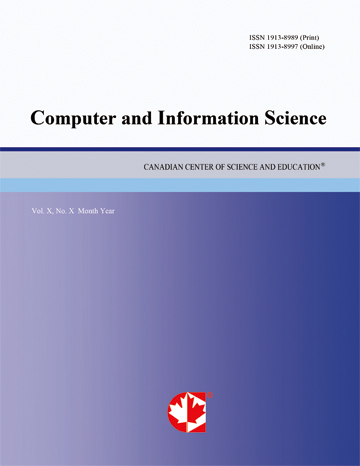Unsupervised Query Segmentation Using Monolingual Word Alignment Method
- Dayong Wu
- Yu Zhang
- Ting Liu
Abstract
In this paper, we propose a novel unsupervised approach to query segmentation using the word alignment model which is usually adopted in statistical machine translation system. Query segmentation is to obtain complete phrases or concepts in a query by segmenting a sequence of query terms, which is an important query processing procedure for improving information retrieval performance in search engines. In this work, we use a novel monolingual word alignment method to segment queries and automatically obtain the query structure in the form of multilevel segmentation. Our approach is language independent and unsupervised so that it is easy to be applied to various language scenarios. Experimental results on a real-world query dataset show that our approach outperforms the state of the art language model based method, which demonstrates the effectiveness of the proposed approach in query segmentation.- Full Text:
 PDF
PDF
- DOI:10.5539/cis.v5n1p13
Journal Metrics
WJCI (2022): 0.636
Impact Factor 2022 (by WJCI): 0.419
h-index (January 2024): 43
i10-index (January 2024): 193
h5-index (January 2024): N/A
h5-median(January 2024): N/A
( The data was calculated based on Google Scholar Citations. Click Here to Learn More. )
Index
- BASE (Bielefeld Academic Search Engine)
- CNKI Scholar
- CrossRef
- DBLP (2008-2019)
- EuroPub Database
- Excellence in Research for Australia (ERA)
- Genamics JournalSeek
- GETIT@YALE (Yale University Library)
- Google Scholar
- Harvard Library
- Infotrieve
- Mendeley
- Open policy finder
- ResearchGate
- Scilit
- The Keepers Registry
- UCR Library
- WJCI Report
- WorldCat
Contact
- Chris LeeEditorial Assistant
- cis@ccsenet.org
